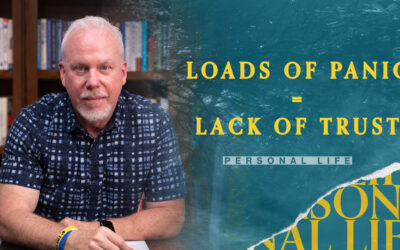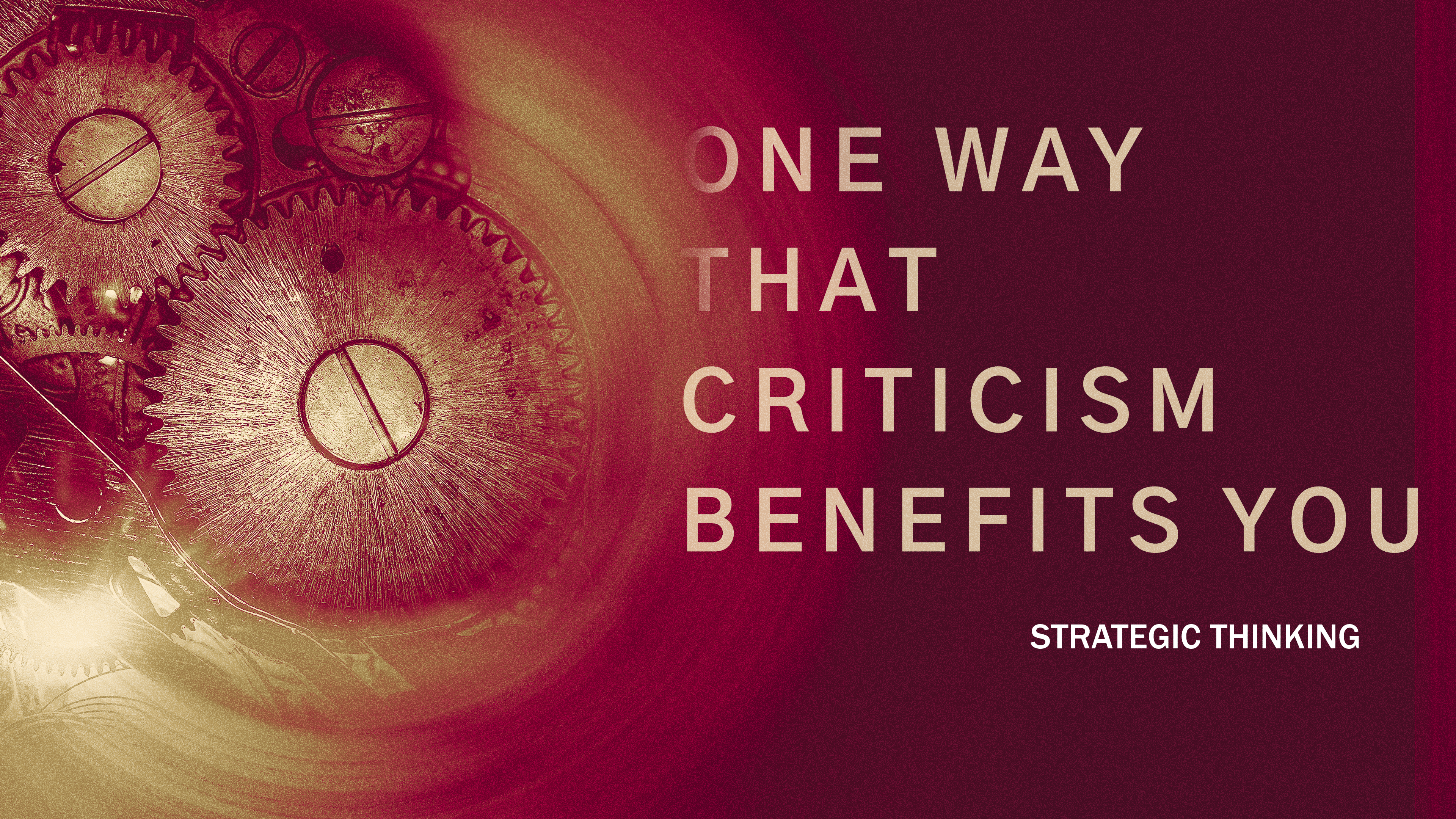For me personally, creating a personal purpose statement stands as the single most impactful piece I have written. Writing it granted me a clear direction. At one time, it prompted me to move halfway across the country. And, now it informs this site and my coaching and speaking. My statement guides my life day to day. Benefits to crafting your own statement abound. For this series of posts, we will take a look at three benefits in particular.
Notice the title (above) qualifies the statement. To be usable (which is the only reason for writing one), the statement must be clear.personal.purpose.
Without those three qualifiers, the statement doesn’t really represent you. And, if it doesn’t represent you well, it won’t be the tool it could be to design your life. If you won’t follow it, it’s better not to waste time crafting it. But, when you do draw up a mission statement, these three qualifiers describe it well. And, when you use it, a personal mission statement produces these three benefits:
Benefit #1: Your clear personal purpose gives direction.

a. Your purpose reveals the big “YES” in your life.
It takes time to develop your personal purpose. It took me about two years to develop mine. (With tools we have at leaderINCREASE, you can greatly reduce the amount of time it takes to craft yours.) Your personal purpose contains your big “YES!” for this life. Knowing and living your “YES” points you in your direction. Every day. Each action. Your steps can go in the right direction, your direction, when you know what your direction is. Your statement answers the question, “Why was I born?” Knowing this answer gives a ready response to the many questions life tosses your way. One of those questions, as we see here, is, “What should I do?” But, we also need to answer, “What should I not do?” And that’s where the second aspect of Benefit #1 helps.
b. It grants freedom to say “NO”.
Whereas knowing your “yes” is crucial, having a deeply held personal mission also helps you know when to say “no”. And, you have to know when to say “no”, in order for you to accomplish your “yes”.
If you don’t know when to say no, you won’t.
Many people make a “To Do List”. Others, clear on their purpose, go so far as making a “Things Not To Do List”. It helps.
For example, I got asked a few years ago to assemble a group of pastors to meet with a certain political candidate. This was a very well-known candidate whom I respected. I even voted for the guy. But, that wasn’t the question. The question was, am I going to exert influence and direct people in my network of churches towards an identified political event? Fortunately, organizationally, we already determined our purpose. As a network of churches, we do three things: resource, network and plant churches. And, this particular request didn’t fit the grid. So, I didn’t do it. Tough decision? Yes. Am I glad I chose not to participate? That answer is also yes.

But if you don’t have the clarity of a singular, well-crafted purpose statement, how will you know when to say no? Like most leaders, you probably face a myriad of opportunities. Accept them all to your own detriment and the detriment of the organization you lead. But when you are clear on what you are to do…then you will be clear on what not to do. This principle applies to the church or company or organization you lead. Yet, it holds even greater importance for you personally.
You can do anything, but you can’t do everything.
And, when you try to do everything, the anything suffers.
So, your clear purpose provides direction.
There also is a second benefit that helps in the hard times. Be assured, if you are actively pursuing a higher good for yourself, your family and your church, opposition definitely will occur. And, during those difficult days, Benefit #2 will show, in our next post, how a clear personal purpose statement helps.
We would love to hear from you. In the space below, please share something on your “Do Not List”. It will help you to write it and it will help others to read it.
(Continue reading with Part 2 and Part 3.)
Who We Are
LeaderINCREASE helps leaders get clear on where to go and understand how to get there, with less hassle. We understand that choosing to make a difference as a leader isn’t always the easiest.
We focus on providing leaders with resources they need to make a difference and become actionable leaders for their organization. We look forward to helping you achieve your goals as we have done for many others.




